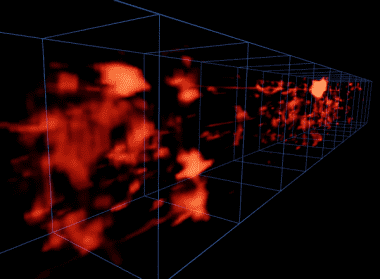Scientists discover first new antibiotics in over 60 years using AI ( www.euronews.com )


The number of retractions issued for research articles in 2023 has passed 10,000 — smashing annual records — as publishers struggle to clean up a slew of sham papers and peer-review fraud. Among large research-producing nations, Saudi Arabia, Pakistan, Russia and China have the highest retraction rates over the past two...


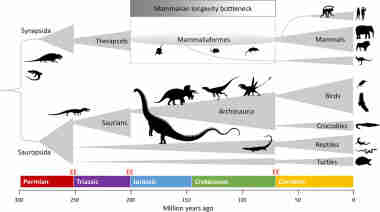

By mulling over colliding bubbles on a cosmological scale, physicists are finding cause for speculation about fresh sparks of cosmic creation. It is possible, they say, that in the weeks after the big bang there was a second, similarly profound moment of transformation. This one may have spawned monstrous shadow particles...
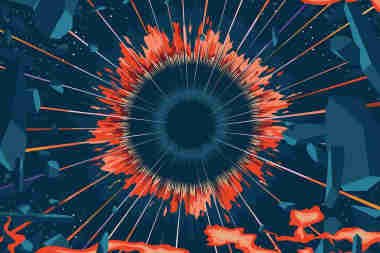
Researchers who recorded direct neural signals from people listening to “Another Brick in the Wall” have reproduced a recognizable version of the song from the neural data.
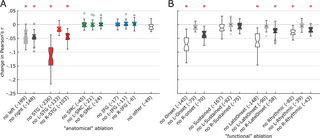
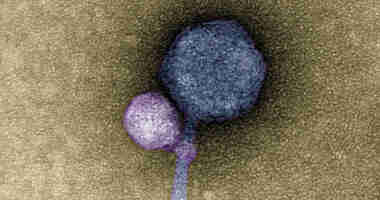
r/EverythingScience


Startups are harnessing the fast-growing “roots" of mushrooms for sustainable alternatives to leather, packaging, building materials, and meat. Mycelium's versatility makes it a prime candidate to displace many harmful mainstream materials — especially for a more conscious future. However, scaling production and costs still...
A team of scientists is proposing a new explanation for some cases of long Covid, based on their findings that serotonin levels were lower in people with long Covid. They said that the biological pathway that their research outlines could unite many of the major theories of what causes long Covid: lingering remnants of the...
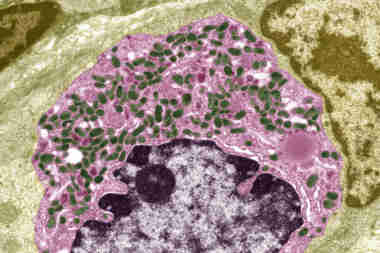

As deadly heatwaves become more common, researchers are studying what the human body can tolerate.
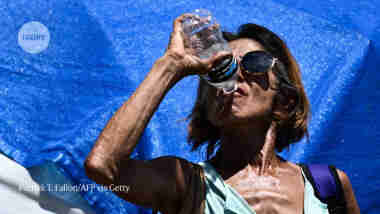
Climate-driven extreme heat may make parts of Earth too hot for humans. A study findings revealed that a rise of 2 degrees Celsius above preindustrial levels would subject the 2.2 billion inhabitants of Pakistan and India’s Indus River Valley, the one billion individuals in eastern China, and the 800 million residents of...
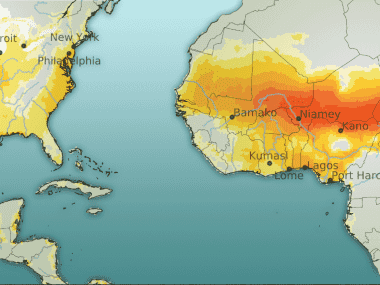
Scientists Use CRISPR to Make Chickens More Resistant to Bird Flu. Avian flu has killed countless farmed and wild birds. Scientists worry that it could acquire mutations that help it spread more easily among humans, potentially setting off a pandemic. This new study highlights both the promise and the limitations of gene editing
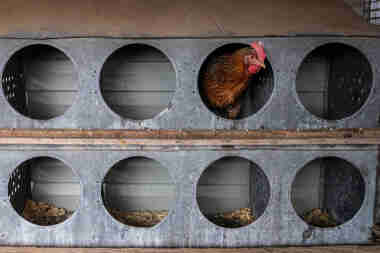
Apparently, a strain of influenza, B/Yamagata, went extinct, perhaps because of COVID. Go figure.
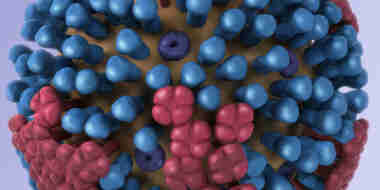

The commercial success of RNA vaccines for COVID-19 has revved up interest in circular RNAs as the next generation of therapies. This is because linear RNA molecules have a fleeting existence inside cells-which is not a problem for it's function as vaccine, but for other therapeutic applications longer existence is preferable....
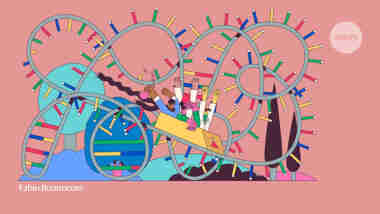


"This is the first-ever observation of entanglement between a pair of quarks and the highest-energy measurement of entanglement. Apart from the fundamental interest of testing quantum entanglement in a new environment, this measurement paves the way to use the LHC as a laboratory to study quantum information and other...

Like rivers feeding oceans, streams of gas nourish galaxies throughout the cosmos. But these streams, which make up a part of the so-called cosmic web, are very faint and hard to see. While astronomers have known about the cosmic web for decades, and even glimpsed the glow of its filaments around bright cosmic objects called...
